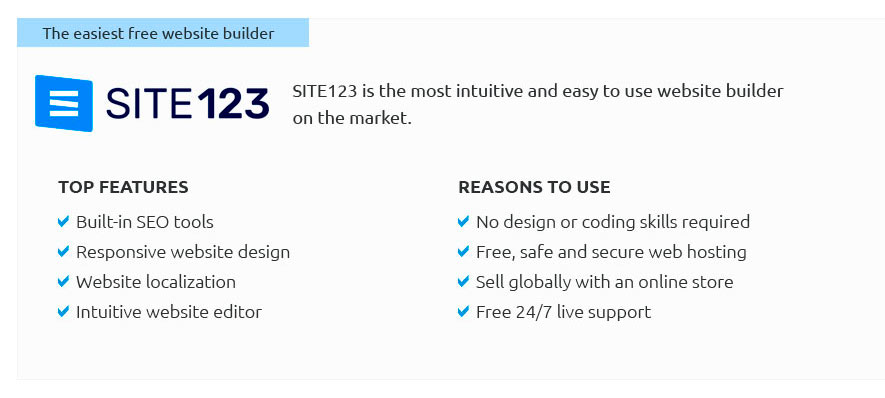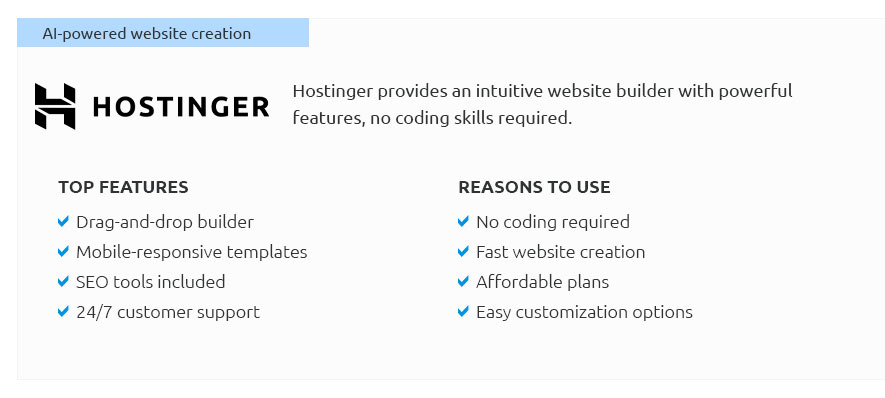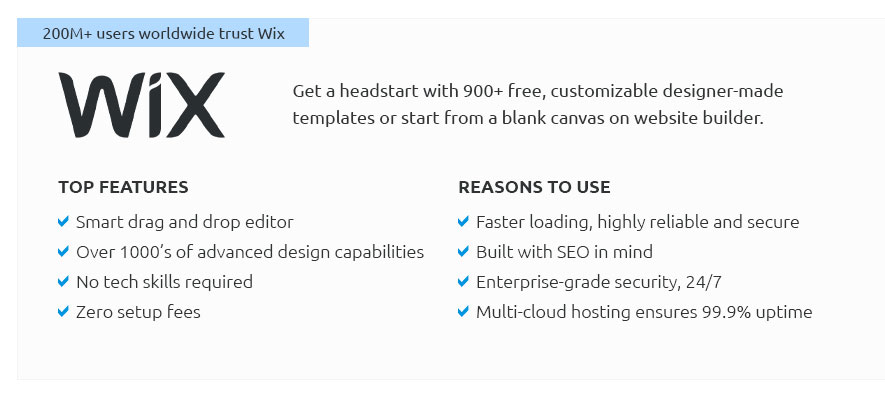 |
 |
 |
 |
|
 |
 |
 |
|
 |
|
 |
 |
|
 |
|
 |
|
 |
 |
Exploring Easy Web Page Builders: A Comprehensive GuideIn today's digital age, creating a website has become an essential task for businesses, hobbyists, and professionals alike. However, the technical know-how required can often seem daunting to beginners. Enter the world of easy web page builders, tools designed to bridge the gap between creativity and technical proficiency. These platforms offer a myriad of features that enable users to design stunning websites with minimal effort. One of the most appealing aspects of these builders is their intuitive drag-and-drop functionality. Unlike traditional web development, which requires knowledge of HTML, CSS, and JavaScript, easy web page builders allow users to construct pages by simply dragging elements into place. This functionality not only speeds up the process but also democratizes web design, making it accessible to a wider audience. When choosing a web page builder, there are several factors to consider.
Among the popular choices are platforms like Wix, Squarespace, and Weebly, each with its unique strengths. Wix is renowned for its flexibility and extensive template library, making it ideal for those who desire a highly personalized site. Squarespace, on the other hand, is celebrated for its sleek, modern design templates, which are perfect for creatives who want their work to shine. Weebly is often praised for its straightforward interface and affordability, making it a favorite among small businesses. In conclusion, selecting the right web page builder requires a careful assessment of your needs and objectives. While the convenience and simplicity of these tools cannot be overstated, it's important to weigh the pros and cons of each option. By considering factors such as ease of use, customization, responsiveness, cost, and SEO capabilities, you can make an informed decision that will set the foundation for a successful online presence. As technology continues to evolve, these platforms are likely to become even more powerful, offering users greater control and creativity than ever before. https://www.youtube.com/watch?v=HwOW8JIlzt0
Looking to create a new website? Here are the top 5 easiest website builders available today. Hostinger: https://hostinger.com/howfinity ... https://www.quickandeasywebbuilder.com/
Web Builder is a WYSIWYG (What-You-See-Is-What-You-Get) program used to create web pages. The program generates HTML tags while you point and click on ... https://www.godaddy.com/en-uk/websites/website-builder
How to create a free website. - Start creating your free site or store by picking a template. - Add your content, products and business info to make it yours.
|